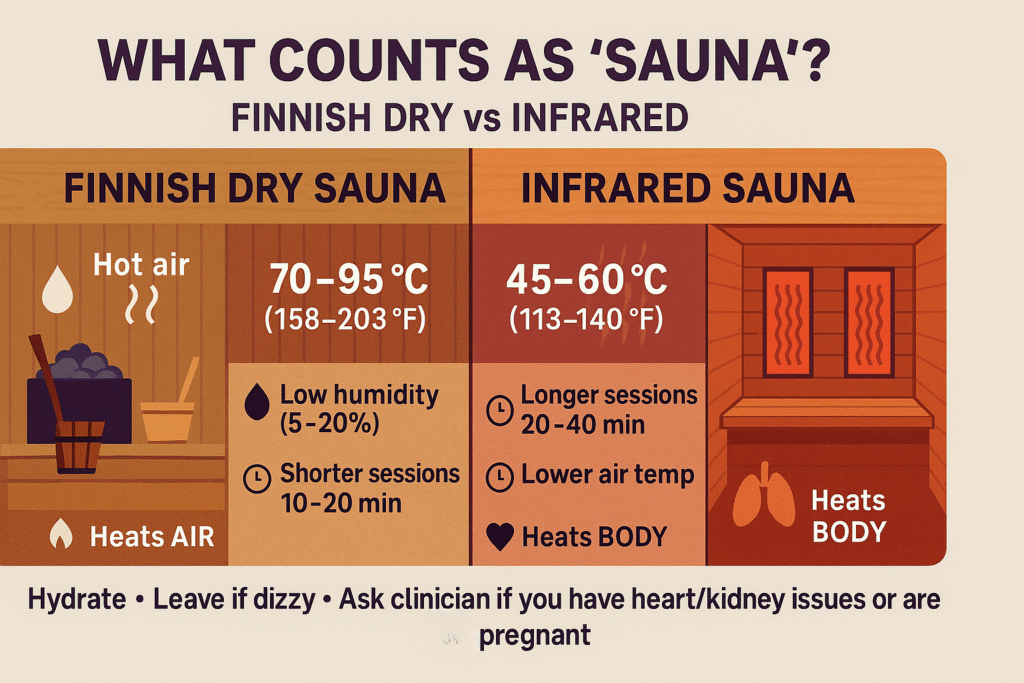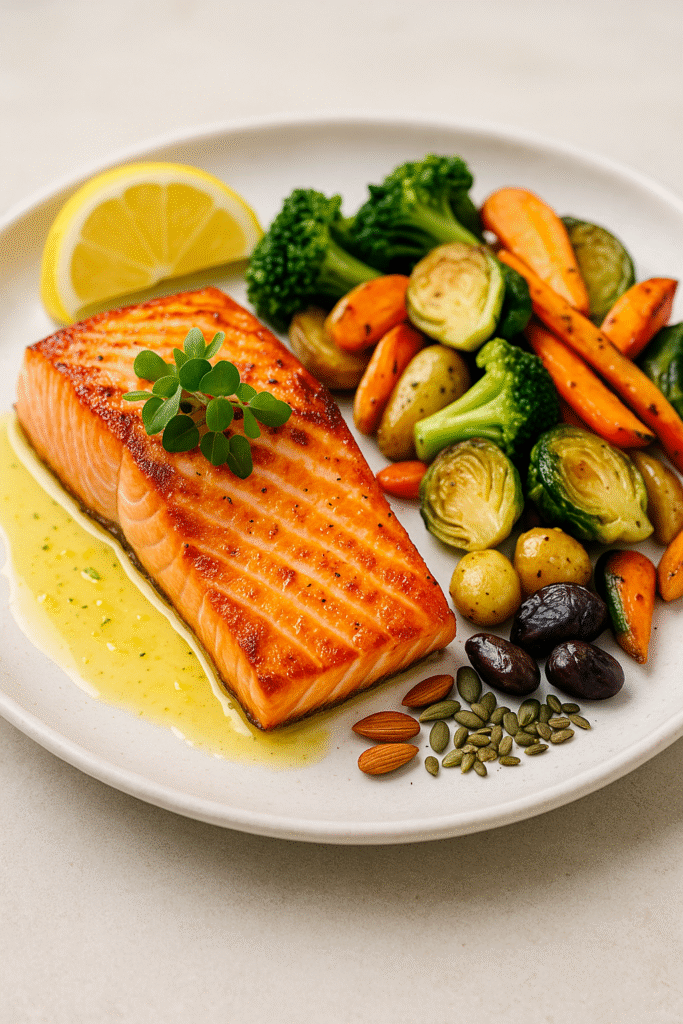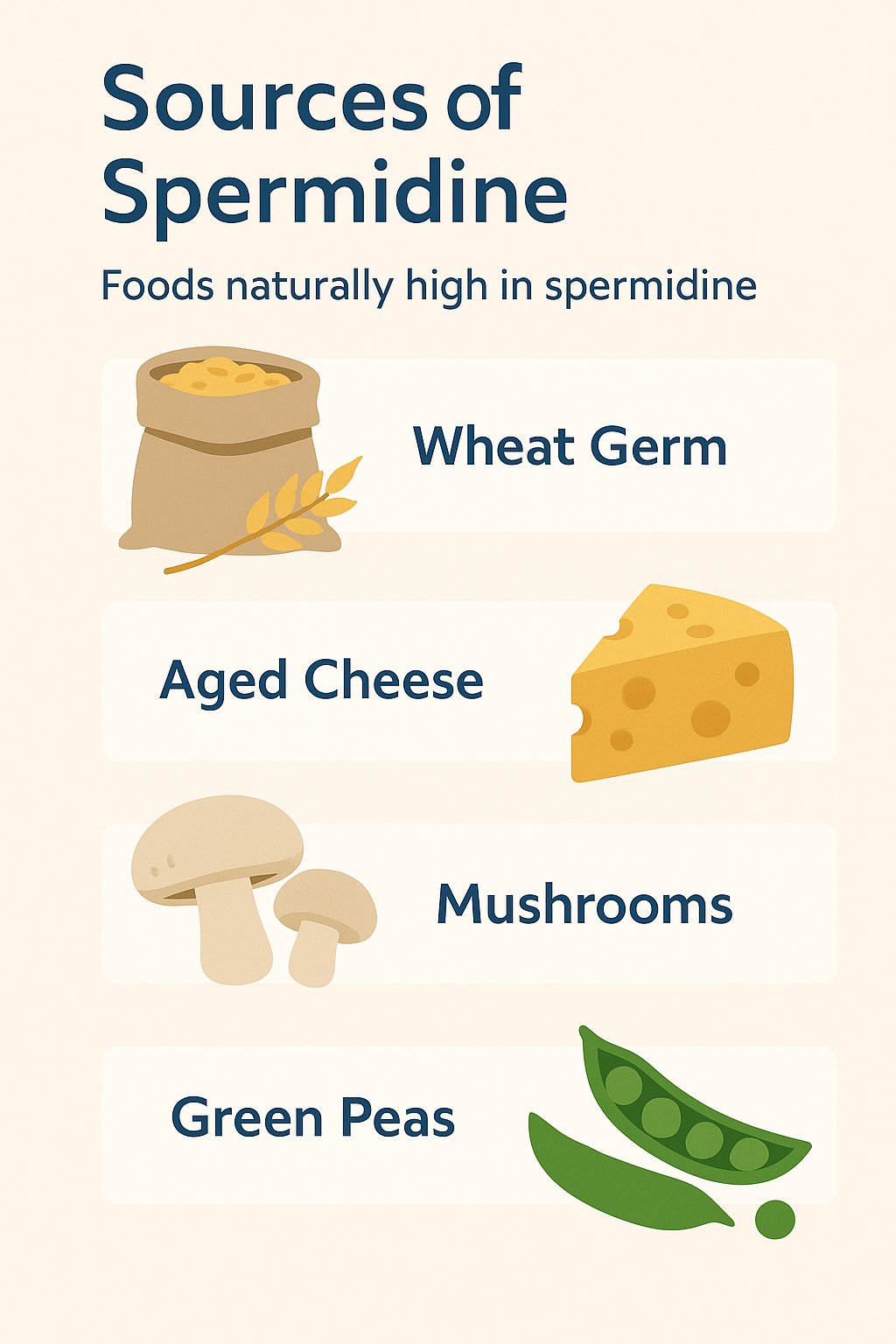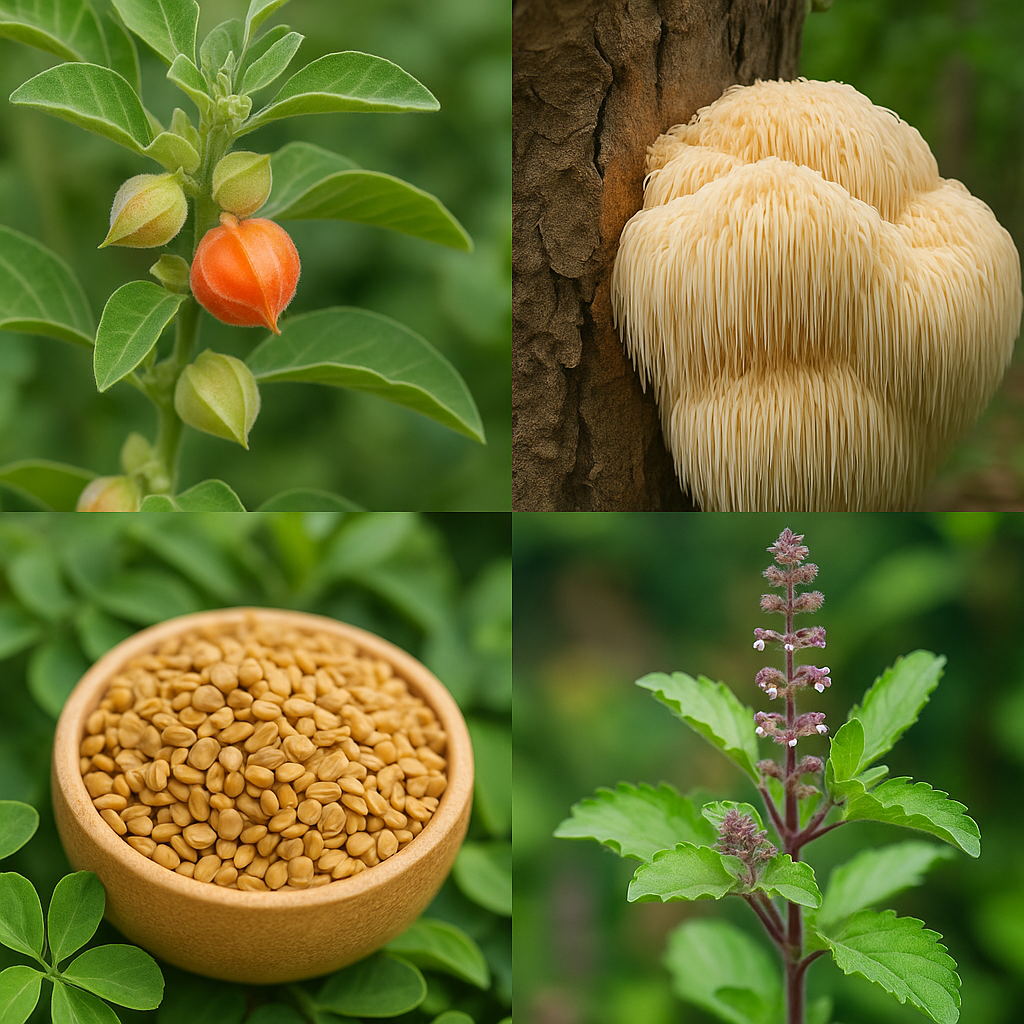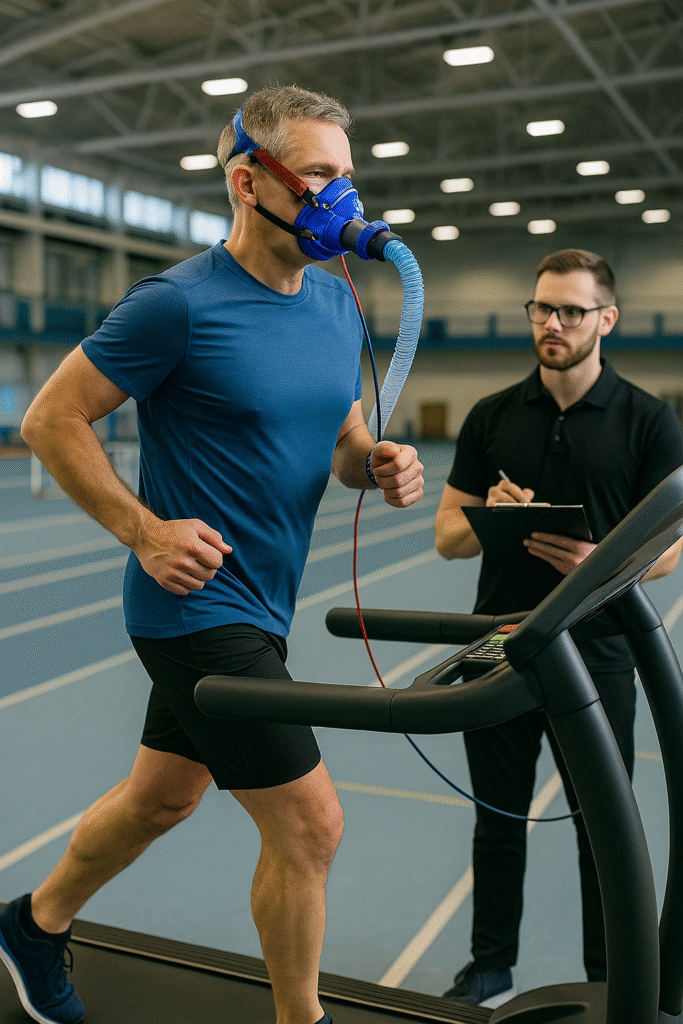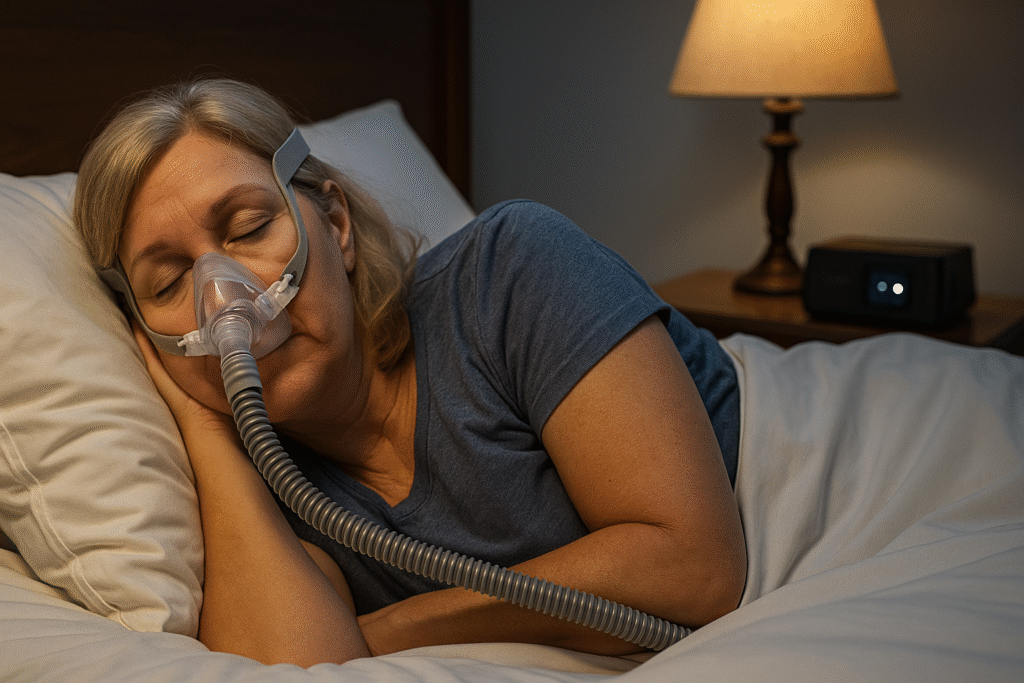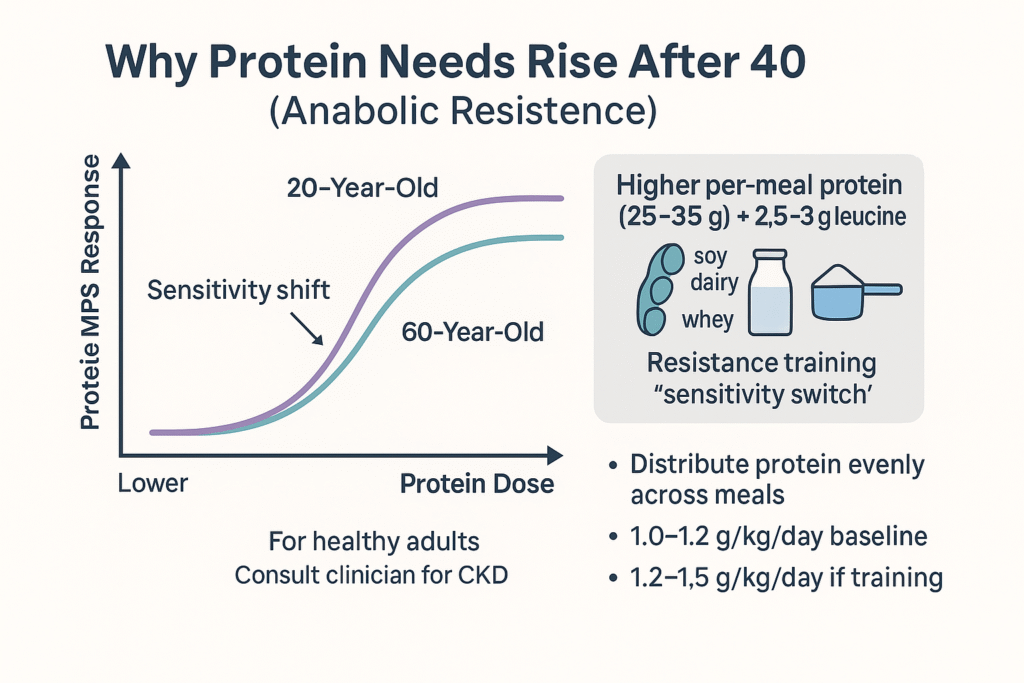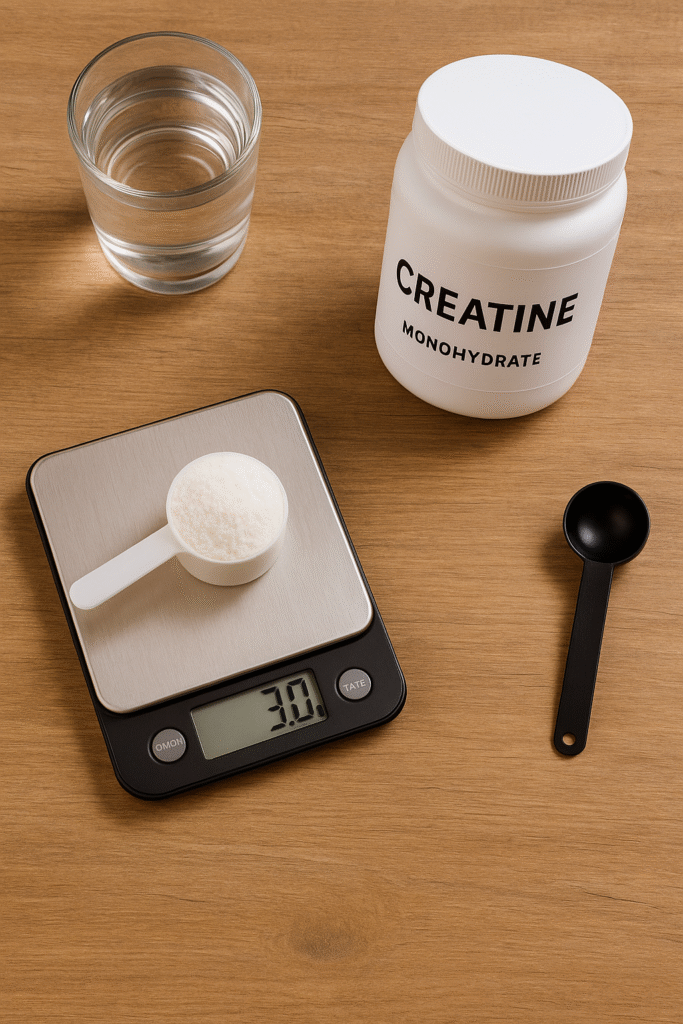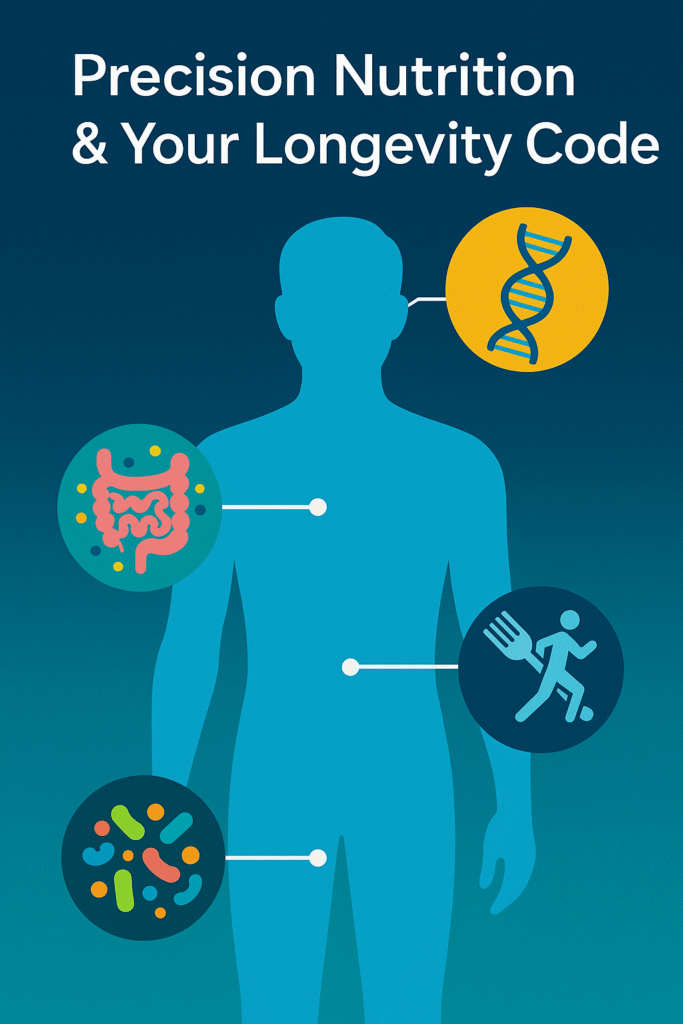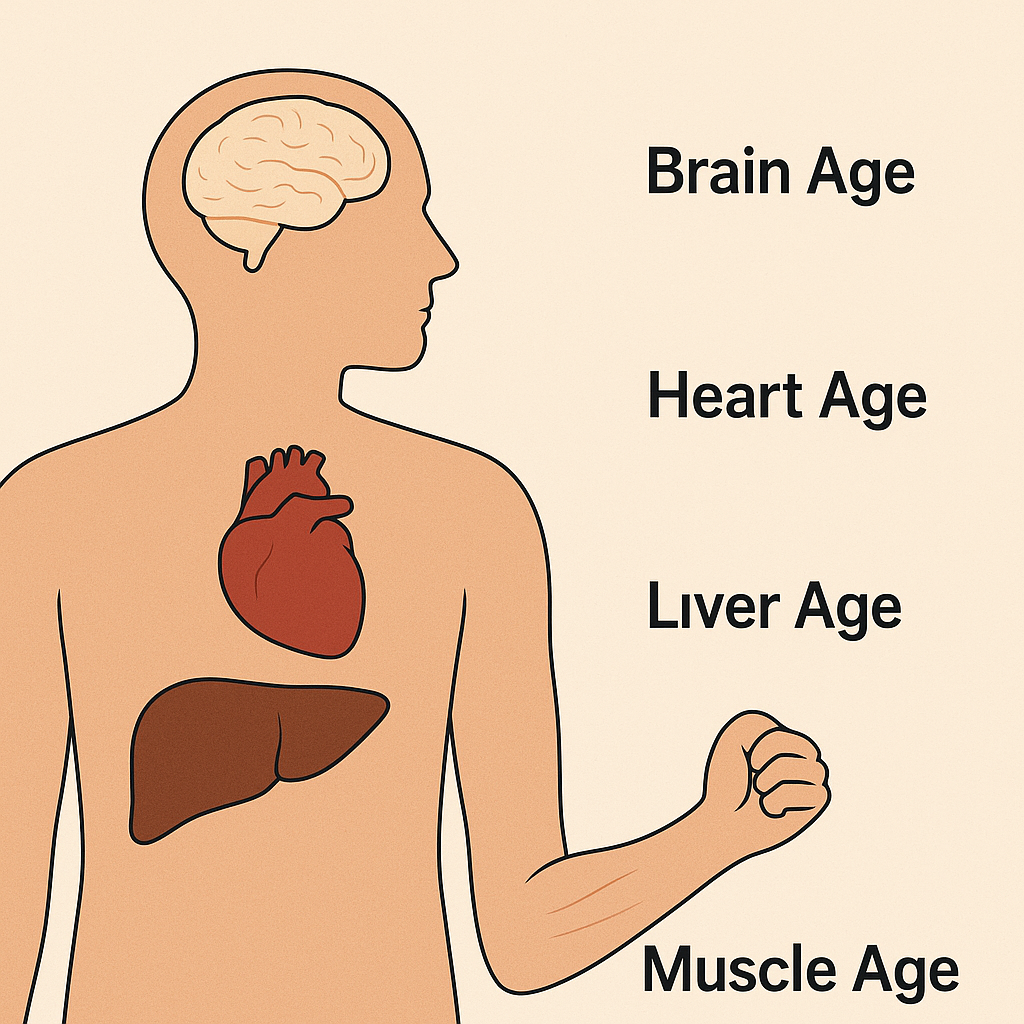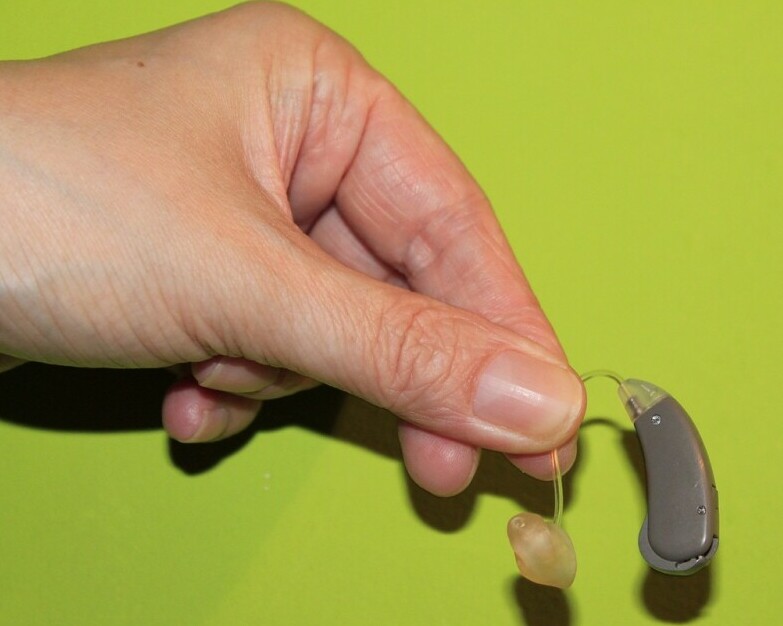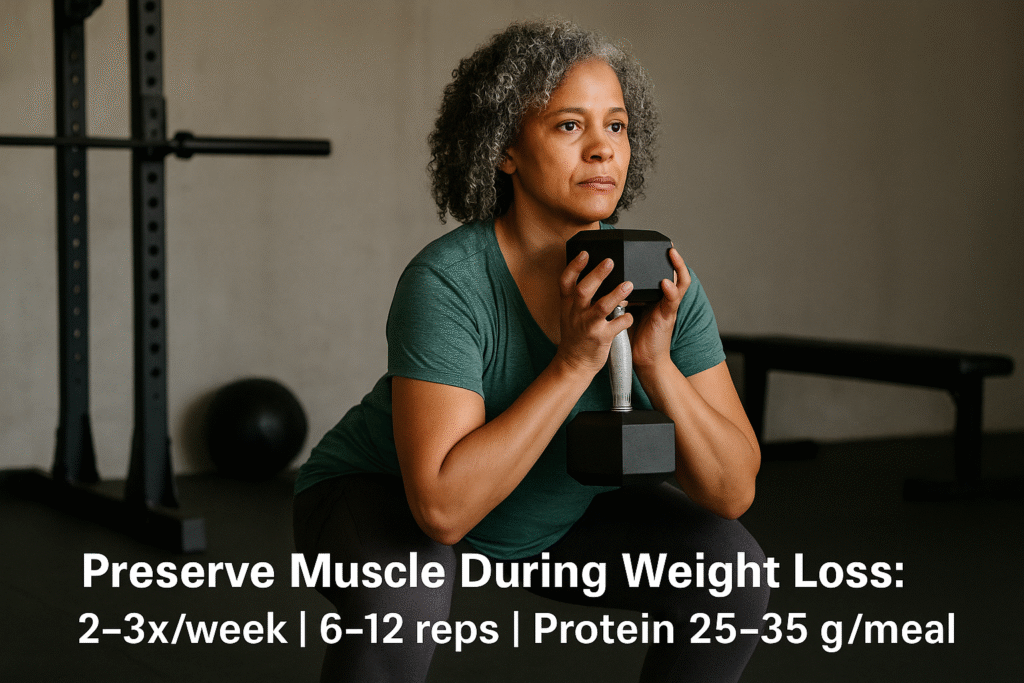Understanding Testosterone Decline as You Age
Testosterone, often called the “male hormone,” is crucial for the development and maintenance of male characteristics, such as muscle mass, body hair, and deepening of the voice. However, testosterone is not just about male traits; it plays a vital role in energy levels, mood stability, bone density, and even cognitive function for everyone. As we age, our bodies naturally produce less testosterone, leading to noticeable changes in physical and mental well-being.

For many individuals, these changes manifest as fatigue, reduced muscle mass, lower libido, weight gain, and increased irritability. Even everyday activities can become more challenging, leading to a sense of frustration and diminished quality of life. Recognizing these changes and understanding that they are a normal part of aging is essential for addressing them effectively. This recognition allows us to adopt proactive strategies to manage and even boost testosterone levels, improving both physical and mental health.
One of the biggest pain points associated with testosterone decline is the loss of energy and vitality, which can significantly affect one’s confidence and overall outlook on life. Additionally, the misinformation circulating about testosterone often leads to confusion, with some believing that declining testosterone is the cause of all aging issues. It’s important to understand that testosterone is a part of the aging puzzle, not the entirety of it. With the right knowledge and tools, you can take action to reclaim your health and well-being.
Dietary Changes to Support Testosterone Levels
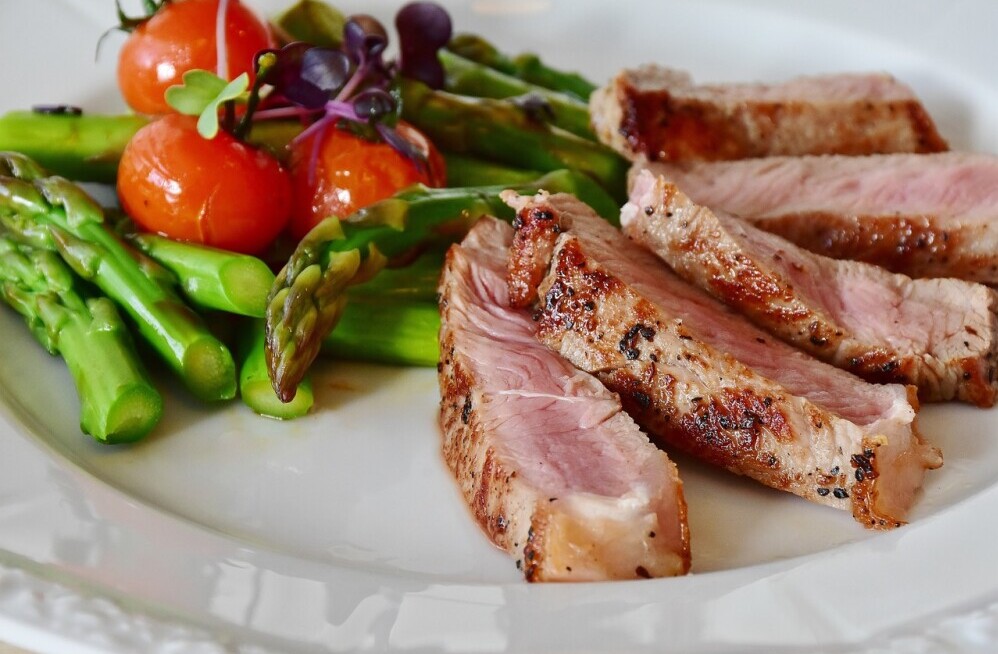
Diet plays a critical role in hormone health, and certain foods are known to naturally boost testosterone production. Making simple changes to your diet can have a profound impact on your overall hormone balance.
• Lean Meats: Incorporate chicken and beef into your diet. These are rich in zinc and protein, both of which are essential for testosterone production. Zinc plays a key role in sperm production and reproductive health, while protein supports muscle growth and repair.
• Eggs: Eggs are another excellent addition, providing vitamin D, cholesterol, and healthy fats. Cholesterol is a building block of testosterone, and vitamin D has been linked to improved testosterone levels.
• Leafy Greens: Spinach, kale, and Swiss chard are packed with magnesium, a mineral that has been found to improve testosterone levels. Magnesium also helps regulate blood pressure, reduce oxidative stress, and support overall hormonal health.
• Nuts and Seeds: Include almonds, pumpkin seeds, and flaxseeds in your diet. These are rich in omega-3 fatty acids, vitamin E, and essential fats, all of which contribute to hormone regulation and overall health.
While incorporating these foods, it’s equally important to avoid certain items that can negatively impact testosterone levels:
• Processed Foods: Processed foods, high in sugar and unhealthy fats, can hinder testosterone production and lead to weight gain. Minimize the intake of sugary snacks, soft drinks, and refined carbohydrates.
• Alcohol: Excessive consumption of alcohol can significantly lower testosterone levels. Limit alcohol to moderate levels, as overconsumption is directly linked to decreased testosterone and impaired liver function.
Exercise and Lifestyle Modifications for Testosterone Boost
Exercise is a powerful tool for increasing testosterone levels. Engaging in physical activity stimulates the body’s hormone production and enhances overall health.
• Strength Training: Strength training exercises, such as weightlifting, are particularly effective for increasing testosterone. Target major muscle groups with compound movements like squats, deadlifts, and bench presses. These exercises create an anabolic environment that stimulates testosterone production and supports muscle growth.
• High-Intensity Interval Training (HIIT): HIIT workouts involve short bursts of intense activity followed by rest periods. Studies suggest that HIIT is more effective at boosting testosterone compared to steady-state cardio.

In addition to exercise, sleep plays an integral role in maintaining hormone health. Quality sleep is essential for hormone regulation—most testosterone is produced during the REM sleep phase. Aim for 7-9 hours of uninterrupted sleep each night. Lack of sleep leads to increased levels of cortisol, a stress hormone that lowers testosterone.
Another pain point for many individuals is stress. Chronic stress triggers the release of cortisol, which negatively impacts testosterone. Finding effective ways to manage stress is crucial for maintaining hormone balance. Techniques such as meditation, deep breathing exercises, and spending time in nature can help reduce stress levels.
Medical Interventions and Supplements for Testosterone
When natural methods aren’t enough, medical interventions and supplements can offer additional support. Testosterone Replacement Therapy (TRT) is one option, particularly for those experiencing significant declines in testosterone levels.
TRT can improve energy, libido, mood, and muscle mass, but it comes with potential side effects and risks, such as increased red blood cell count and changes in cholesterol levels. It’s crucial to consult a healthcare provider before pursuing TRT, as they can assess whether it’s the right approach based on your medical history and health status.
For those who prefer a less invasive option, several over-the-counter supplements can help support testosterone production:
• Zinc Supplements: Zinc is a mineral linked to testosterone production, particularly for those with deficiencies.
• Ashwagandha: This adaptogenic herb helps reduce stress and has been shown to boost testosterone levels in men.
Holistic and Alternative Approaches
For those who prefer a more natural approach, holistic and alternative methods can also help boost testosterone levels. Herbs such as ginseng, fenugreek, and tribulus terrestris have been traditionally used to promote hormone balance.
• Ginseng: Known for its ability to boost energy and support the immune system, ginseng is also linked to improved testosterone levels. It helps combat fatigue and improve overall vitality.
• Fenugreek: This herb has compounds that help increase testosterone levels, improve libido, and enhance metabolism.
In addition to herbs, mind-body practices such as yoga and meditation are effective tools for stress reduction. These practices not only improve mental health but also create an environment that supports healthy hormone production.
Acupuncture, a practice rooted in traditional Chinese medicine, has also been found to help regulate hormones, reduce stress, and improve overall well-being. Incorporating these holistic practices can provide a more balanced approach to managing testosterone levels.
Recommendations
Bodylastics Resistance Bands Set-Resistance Bands with Handles, Ankle Straps, Door Anchor, Carry Bag
- Rating: ⭐⭐⭐⭐ (4.7/5)
- Description: A set of durable, high-quality resistance bands that can be used for strength training exercises at home.
- Product Benefits: Strength training is vital for maintaining and boosting testosterone. These resistance bands are ideal for performing strength exercises without the need for heavy gym equipment, making it convenient to stay active at home.
CentraPeak Testosterone Booster
Affiliate Link: https://tidd.ly/3BrEeka
- Rating: ⭐⭐⭐⭐ (4.7/5)
- Description: Developed by experts using premium ingredients of Phosphatidylserine, Rhodiola Rosea, Ashwagandha, Mucuna Pruriens, L-Tyrosine, and Korean Panax Ginseng among other ingredients to help support testosterone, energy, and mood.
- Product Benefits: Developed by experts and designed to boost Testosterone while improving your sense of subjective wellbeing, increase energy, build strength, and improve mood.
Nature Wise Vitamin D3 5000iu-Healthy Muscle Function and Immune Support
- Rating: ⭐⭐⭐⭐ (4.6/5)
- Description: A high-potency vitamin D3 supplement designed to boost overall health, particularly bone health and hormone production.
- Product Benefits: Vitamin D is crucial for testosterone production. A deficiency in vitamin D is common in older adults, and supplementing with vitamin D3 can help enhance testosterone levels, boost immune function, and support mood stabilization.
Herbal Roots Panax Ginseng-Organic Korean Ginseng Root for Energy & Performance
- Rating: ⭐⭐⭐⭐ (4.4/5)
- Description: Korean Panax Ginseng designed to boost energy, stamina, concentration, & focus.
- Product Benefits: Ginseng is known for its testosterone-boosting properties and helps combat fatigue, making it ideal for those seeking a natural way to improve vitality.
NOW Foods Zinc Picolinate 50mg-Supports Enzyme Function & Immune Support
- Rating: ⭐⭐⭐⭐ (4.5/5)
- Description: A high-quality zinc supplement that supports hormone production, immune health, and overall wellness.
- Product Benefits: Zinc is critical for testosterone synthesis and reproductive health. Supplementing with zinc can help address deficiencies and support healthy testosterone levels.
KSM-66 Ashwagandha Capsules– Stress, Mood, & Athletic Support
- Rating: ⭐⭐⭐⭐ (4.6/5)
- Description: A high-potency ashwagandha extract that promotes stress reduction, supports energy levels, and boosts testosterone.
- Product Benefits: Ashwagandha is well-known for its stress-reducing properties, which can help manage cortisollevels and, in turn, support healthy testosterone production.
Conclusion
Aging and the natural decline in testosterone levels can present significant challenges, such as reduced energy, muscle loss, mood swings, and a diminished sense of vitality. However, by understanding these changes and adopting a proactive approach, you can effectively manage and even boost testosterone levels, thereby enhancing your quality of life.
Making dietary changes, such as adding testosterone-boosting foods like lean meats, eggs, and leafy greens, can significantly impact hormone production. Coupling these dietary habits with regular strength training and HIIT workouts can further boost testosterone, while ensuring adequate sleep and effective stress management helps maintain hormonal balance.
For those needing additional support, medical interventions like Testosterone Replacement Therapy or supplements such as zinc and ashwagandha can provide effective solutions—when used with the guidance of a healthcare provider. And for individuals who prefer a natural path, incorporating herbs like ginseng and engaging in mind-body practicessuch as yoga and meditation offers an alternative, holistic approach.
Ultimately, boosting testosterone levels is not about relying on a single quick fix. It requires a comprehensive approach—encompassing diet, exercise, lifestyle modifications, and, where necessary, medical and holistic support. By making informed choices and implementing these practices, you can regain your energy, strength, and vitality, empowering you to live life to the fullest as you age.
Disclaimer: All the content on this site is for informational purposes only, does not constitute medical advice, and does not establish any kind of patient-client relationship by your use of this website. I am not a health care professional. The information, including but not limited to text, graphics, images and other material contained on this website are for informational purposes only. No material on this site is intended to be a substitute for professional medical advice, diagnosis, or treatment. Before starting any new regimen, supplements, diet, or program, it is crucial to consult with a healthcare professional to ensure it is safe and suitable for your individual health needs and circumstances. Here’s a little transparency: This website also contains affiliate links. This means if you click and make a purchase, we may receive a small commission. Don’t worry, there’s no extra cost to you. It’s a simple way you can support our mission to bring you quality content.







